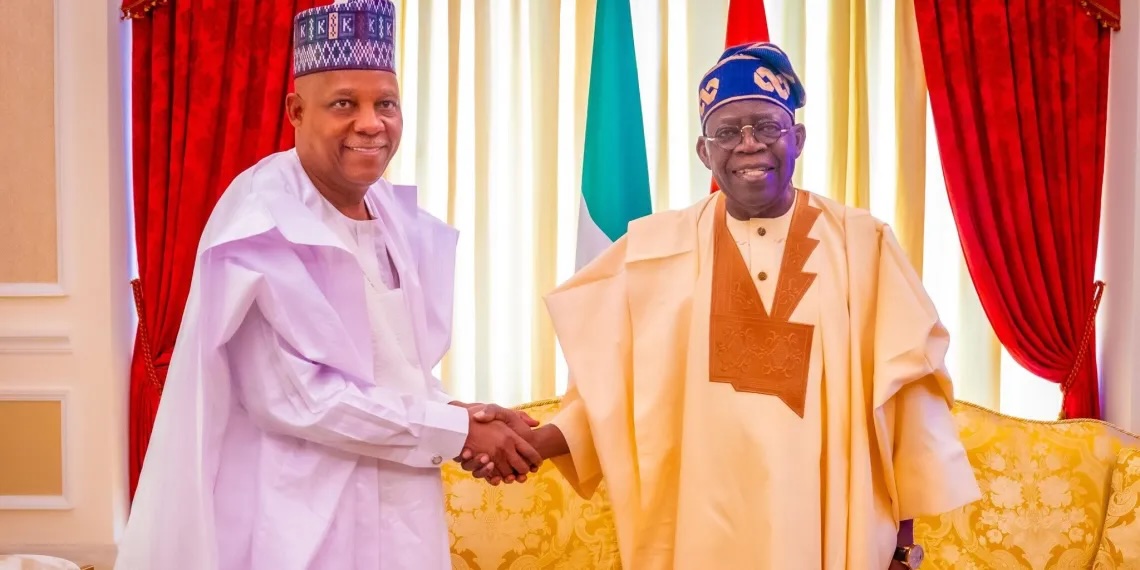Among the Yoruba, perhaps the most culturally sophisticated and spiritually scientific people on earth, wisdom (ọgbọn, ìmò, ọlọ́gbọ́n) is not defined by riches. Ifá teaches that wisdom is the harmony of ìwà (character) and ọpọlọ (intellect). True wisdom is the ability to balance one’s orí (destiny) with goodness, using knowledge not for private aggrandisement but for communal uplift.
The true “wise men” of Yoruba history were the Babaláwo interpreters of destiny, healers of souls, advisers to kings. Their authority did not spring from bank accounts, but from the steadiness of their spirits and the depth of their character. In their hands, wisdom was a compass for society, not a currency of transactions.
To call a man wise in Yoruba culture is not to flatter his fortune but to recognise his moral courage and his service to the community. It is a sacred title, a crown earned in sweat and sacrifice, not in the sleight of financial dealings.
Lagos and Its True Wise Men
Lagos itself is a city that has birthed true wise men. Men whose legacies were built not on the weight of wealth but on the weight of justice.
Herbert Macaulay, remembered as the father of Nigerian nationalism, stood against colonial greed with intellect and courage. Nnamdi Azikiwe and Obafemi Awolowo, though from different ethnic roots, made Lagos the crucible of independence, where visions of a free Nigeria were hammered into possibility. Their wisdom lay in sacrifice, their wealth in ideas, their legacy in the courage to imagine a nation beyond chains.
Even in culture, Lagos produced sages whose wisdom reshaped the Nigerian spirit. Hubert Ogunde turned theater into a pulpit of liberation. Fela Anikulapo-Kuti transformed music into scripture and sword, singing truth to power when silence was safer. These were not perfect men, but they embodied the Yoruba conviction that wisdom is service, not selfishness.
They contrast sharply with what is obtained today where money men are being exalted by powerful forces in our society. Where the elders used wisdom to lift communities, these modern merchants use capital to capture them. Where sages balanced the cosmos, profiteers unbalance society with hunger and despair. To equate them is to erase the very essence of Yoruba heritage.
So what does it mean when a son of Yoruba soil, a man who should know better, takes the crown of wisdom and presses it onto the brows of money dealers during the recent commissioning of the access road to the Lekki Deep Sea Port, President Bola Ahmed Tinubu
Here was an opportunity by the President to elevate the true sages of Nigeria, the teachers who nurture, the farmers who feed, the healers who preserve life, the elders who guard values. Instead, he exalted capitalists as oracles of our destiny.
Scripture tells us otherwise. The Qur’an teaches, “He grants wisdom to whom He wills, and whoever has been granted wisdom has indeed been given abundant good” (Q2:269). The Bible proclaims, “The fear of the Lord is the beginning of wisdom” (Proverbs 9:10). Ifá declares that wisdom is ìwà, the character that sustains life and balance.
In none of these traditions is wealth mistaken for wisdom.
Why This Matters
Nigeria today is a nation yearning for rebirth. A people in search of a Renaissance of character, culture, and courage. For such a moment, words matter. Symbols matter. To crown profiteers as sages is not harmless rhetoric; it is to tell us where the President’s heart lies. It is to declare, in broad daylight, the altar at which he worships.
But a National Renaissance cannot be midwifed by men who mistake lucre for light. A country cannot rise from its ashes by crowning profiteers as sages. No people ever found deliverance by confusing the glitter of wealth with the glow of wisdom.
Money without morality is not wisdom. Money without justice is not nationhood. Money without character is not Renaissance.
That is why, sweetly but painfully, we must confront the truth. Nigeria’s tomorrow cannot be built on counterfeit wisdom. The future must reclaim the word “wise” from those who cheapen it and restore it to its rightful owners: the men and women of courage, compassion, and character.
Only then can our nation rise again, guided not by money men, but by true, wise men— the sages of spirit and service, who see wisdom not as wealth to be hoarded but as light to be shared.
Adagu, who is the Convener of the Nigeria Renaissance movement, is based in Abuja






